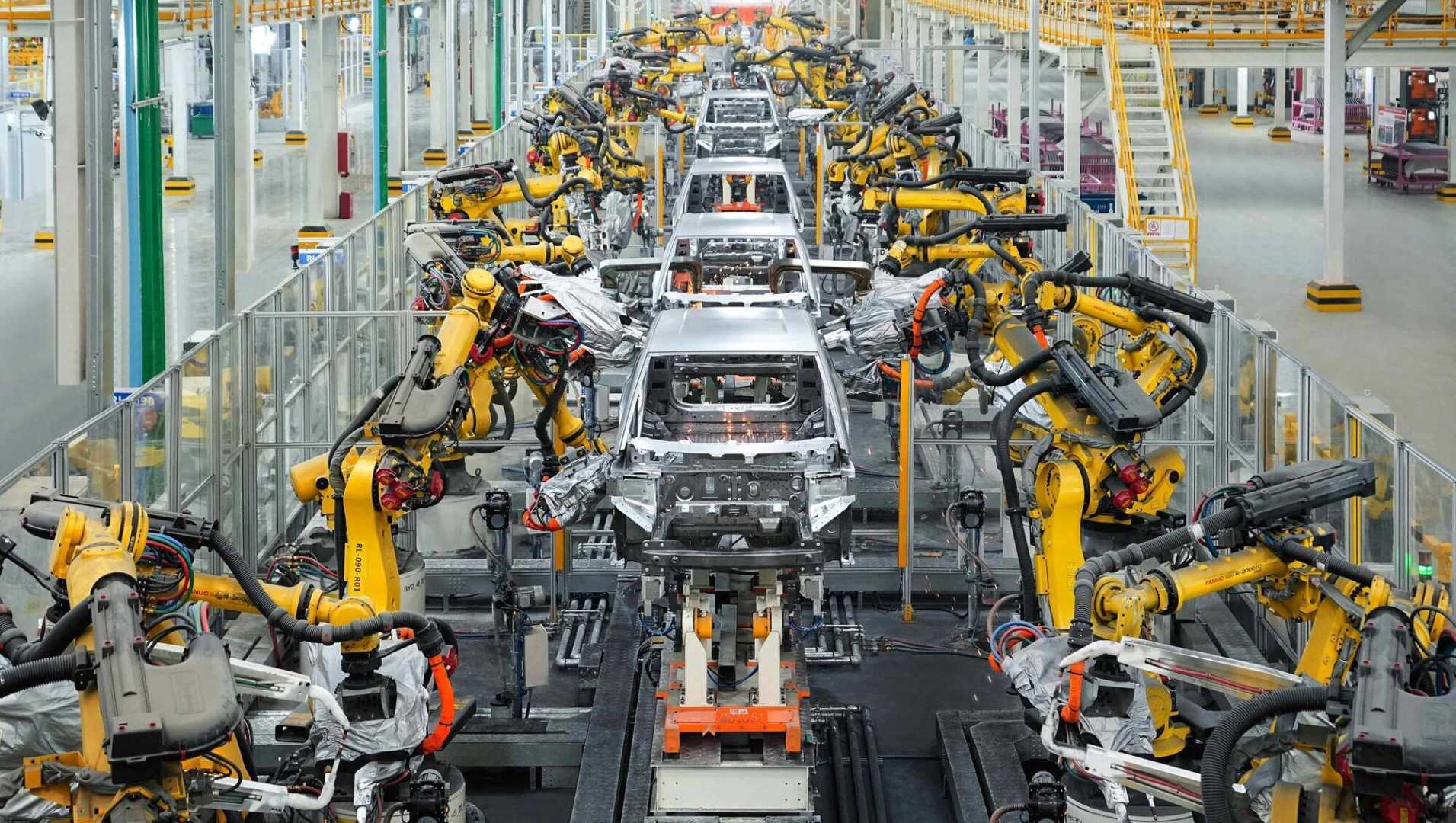Business
Global Automakers Face Rare Earth Shortage Amid Chinese Export Controls

LONDON/BERLIN (Reuters) – Global automakers are racing against time to secure crucial rare earth materials before new Chinese export controls take effect on November 8. Executives are concerned that these restrictions could lead to parts shortages and possible factory closures.
Rare earth magnets are essential components in car parts, powering functions from windshield wipers to speakers. Their importance has surged with the rise of electric vehicles (EVs), which rely even more heavily on these materials. Despite a short-term reprieve from a U.S.-China trade deal, the depletion of stockpiles has left many manufacturers feeling vulnerable.
China currently dominates the rare earth market, controlling as much as 70% of global mining and 90% of magnet production, according to consultancy AlixPartners. The new export control list includes critical materials like ytterbium and europium, adding to industry strain.
“The situation is very tense,” said Nadine Rajner, CEO of German metal-powder supplier NMD. She noted that customers are eager to source rare earths from locations outside of China, but many lack the necessary mining and refining infrastructure. “We are pretty much sold out and have limited stocks,” Rajner added.
While rare earths can be recycled from old vehicles, this industry is still in its infancy. For example, Neutral, a company backed by Renault, currently recycles materials from only 400,000 cars annually.
Even if Chinese suppliers can fulfill existing orders before the new regulations kick in, transportation delays could exacerbate supply shortages. The auto industry is also bracing for potential supply disruptions amid disputes over lithium-ion batteries and the impacts of tariffs related to U.S.-China trade tensions.
“They can shut us down in two months, the entire auto industry,” said Ryan Grimm, North America group vice president of purchasing at Toyota Motor. With this looming crisis, many automakers are expected to stockpile rare earth supplies ahead of the deadline.
In response to these challenges, companies like General Motors and Bosch are investing in developing EV motors with reduced or zero rare earth content. However, these advancements may take years to reach commercial viability, leaving automakers at risk of supply chain disruptions in the meantime.
As the Chinese government continues to assert its influence over rare earth supplies, the situation remains critical. “This is not the end of export controls,” warned Jan Giese, a senior manager at rare-earth trader Tradium.












